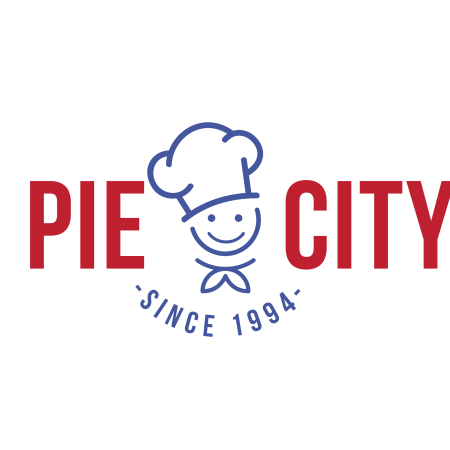Introduction
Investing in a franchise can be one of the most rewarding decisions you make as an entrepreneur. In South Africa, the franchise market is thriving, offering various opportunities to fit different skill sets and passions. Two primary categories stand out: service-based and product-based franchises. Each has its unique demands, benefits, and challenges. Which one is right for you? Let’s dive into the differences and help you make an informed choice.
Understanding the Basics
Service-Based Franchises
Service-based franchises focus on providing a service to customers rather than selling physical products. Examples include cleaning services, home repairs, educational tutoring, and personal training. In South Africa, franchises like Levingers and Martin’s Funerals have successfully carved out niches in service delivery.
Pros:
- Lower Stock Costs: Since you’re offering services, there’s typically less need for stock.
- Recurring Revenue: Many service-based businesses benefit from repeat customers, generating—a steady income.
- Flexibility: These franchises often offer more flexible working hours, especially if they are not based in retail locations..
Cons:
- Labour Intensive: Success relies heavily on your staff’s quality and ability to deliver excellent service.
- High Customer Expectations: Meeting and exceeding customer expectations is crucial for retention and referrals.
Product-Based Franchises
Product-based franchises, on the other hand, focus on selling physical goods. Think of brands like KFC, Nando’s, or McDonalds that provide tangible products directly to consumers.
Pros:
- Tangible Stock: Customers can see and touch products, enhancing the buying experience.
- Brand Recognition: Established product-based franchises often come with built-in brand awareness, which can attract customers from day one.
- Scalability: Expanding product lines or locations may be easier based on universal customer demand.
Cons:
- Higher Upfront Costs: Initial investment often includes purchasing stock and equipment.
- Higher ongoing costs: Premium brands like Roman’s Pizza have higher ongoing fees to support their marketing budget.
- Market Fluctuations: Product demand can be influenced by seasonal trends or economic shifts.
Assessing Your Skill Set
When choosing between service-based and product-based franchises, aligning your decision with your personal strengths and preferences is crucial. Here are some questions to consider:
1. What Are Your Interests and Passions?
Do you thrive in hands-on environments where you can help others directly? If so, a service-based franchise might be ideal. On the other hand, if you have a keen interest in sales and marketing, a product-based franchise could be a better fit.
2. What Is Your Experience?
Reflect on your past work experience. Have you managed teams, handled customer service, or worked in retail? Your background can provide insights into which type of franchise you excel in.
3. How Do You Handle Customer Interaction?
If you enjoy building relationships and helping customers solve problems, service-based franchises will allow you to engage more closely with clients. However, consider a product-based franchise if you prefer a structured environment where customer interaction is more transactional.
The South African Market Landscape
The South African franchise market is diverse and rapidly evolving. Understanding local market trends can help inform your decision:
- Growing Demand for Services: As lifestyles become busier, many South Africans seek convenient solutions. This trend has fueled the growth of service-based franchises, particularly in-home services and personal care.
- E-commerce Boom: The rise of online shopping has significantly impacted product-based franchises, driving innovation in retail strategies and customer engagement.
Conclusion
Deciding between a service-based and product-based franchise in South Africa ultimately comes down to your strengths, interests, and market opportunities. Take the time to evaluate your skills, explore various franchise options, and consider the local landscape.










